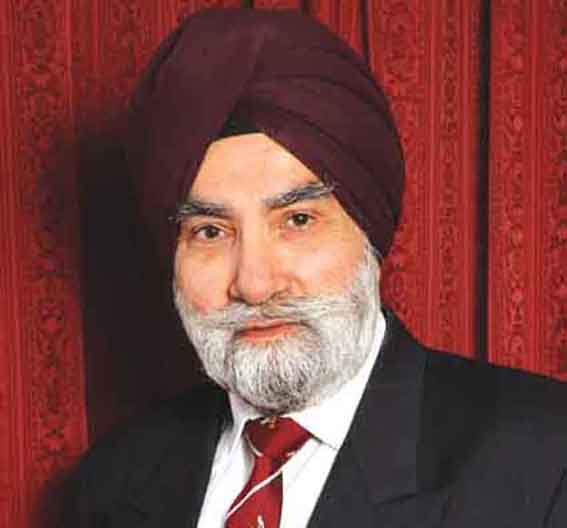Victory for Justice or Victory for State Harassment?

In one sense, it is victory of justice that the three Sikhs are now free. In another sense, State harassment to discourage lawful human rights activism has succeeded also. Despite no police action since the original investigation in 2011 when no evidence was found against these three men, they were arrested again in 2020. They remained under threat of extradition for eleven years and their families suffered with them. The question is if the Home Office decision to start this court case was politically motivated in view of the background of post-Brexit trade-related talks last year.
According to District Judge Michael Snow, the case had been a long running saga for the men and there was insufficient evidence for him to examine the extradition request. He questioned why the Home Secretary had certified the extradition request to issue arrest warrants in December 2020.
According to Mark Summers QC, representing two of the defendants, they had been pursued for 11 years without evidential basis. Most scaring in a democracy was the admission by the Prosecutor Daniel Sternberg himself that the evidence was not sufficient to make out a case to answer for the men. In that case, why were extradition warrants issued in the first place after eleven years if there was no admissible evidence? Unless, of course, the motive was to discourage Sikh human rights activism in the UK. Yet, such social activism for betterment of human society is an integral part of the Sikh way of life.
It is not surprising that the campaigners are able to claim that the extradition bid was politically motivated. It is now for legal experts to argue if this case is a glaring example of political interference with the rule of law in the UK not uncommon in many less developed countries. The rule of law has been defined as the restriction of the arbitrary exercise of power by subordinating it to well-defined and established laws. That all people and institutions are subject to and accountable to law that is fairly applied and enforced. Without rule of law to check political abuse of power, human rights cannot be protected.
One can understand the British Sikh feelings expressed in a statement by an organisation that the Home Office Minister has wasted hundreds of thousands of pounds of taxpayers money to play roughshod with the lives of three innocent British Sikh men, their wives and children in a shocking ordeal over the last nine months and held the Sikh community to ransom.
No one can deny the need for international co-operation through arrangements like extradition treaties and Interpol to fight crime. Yet, when there are glaring disparities between the human rights record of countries, it is difficult to see how such arrangement would not be politically exploited to scare opponents of state oppression. The police interrogation methods in some countries to extract confessions are well documented. International co-operation is only possible between sates with clean human rights record and well established rule of law above political considerations and motivations.
Cases like the West Midlands Three do raise serious questions against such international arrangements without harmonisation of criminal justice and human rights and freedoms.
Gurmukh Singh